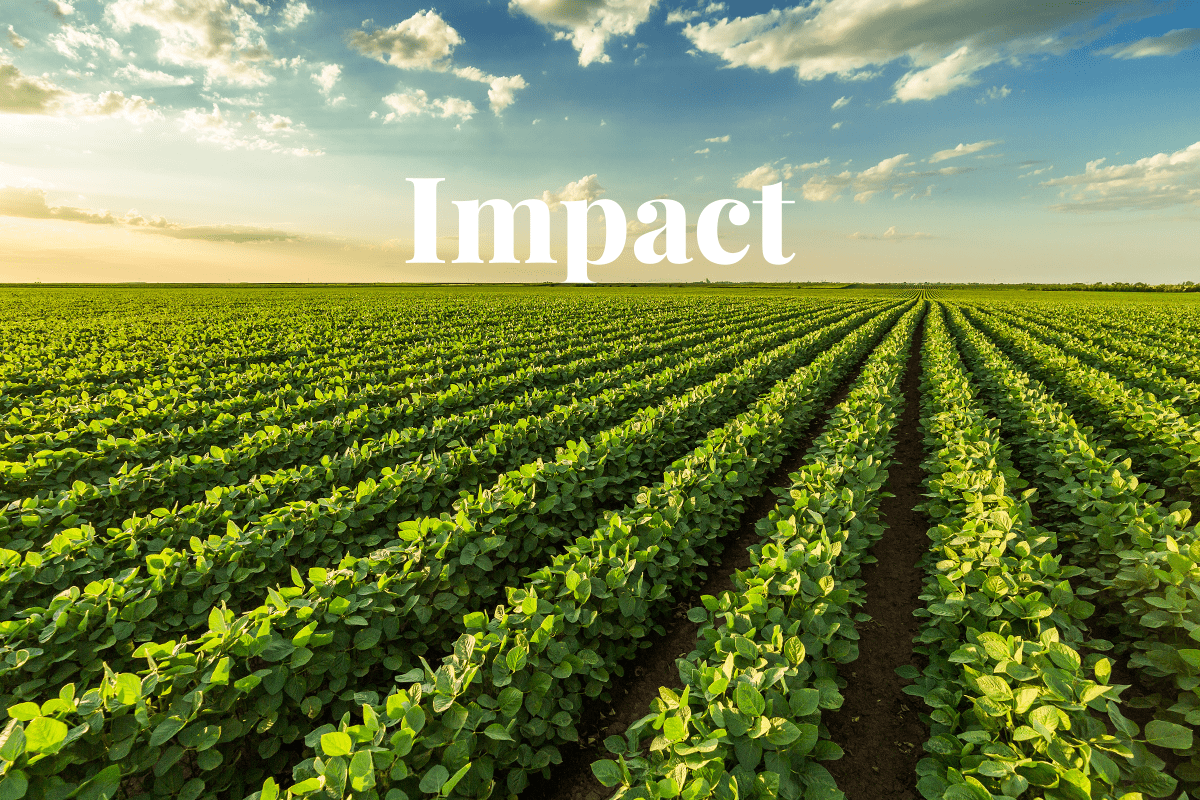In a recent study published in the Proceedings of the National Academy of Sciences, researchers have shed light on the significant impact of food production on biodiversity losses, with certain staple commodities playing a major role. The study, led by an international research team from Norway, the Netherlands, and Japan, focused on the overlap between food production and regions of high conservation priority.
 Agricultural landscape - green ripening soybean field.
Agricultural landscape - green ripening soybean field.
The researchers found that approximately one-third of global farming occurs in areas with the highest conservation priority. Notably, staples like beef, rice, and soybeans were often produced in these high-priority areas, while substitutes such as barley and wheat were sourced from lower-risk regions.
Read more: Top 10 causes of deforestation
The study's findings aim to address the lack of understanding about the threats farming poses to biodiversity and ecosystems. Combining information on agricultural land use, species’ habitats, and conservation data for over 7,000 species, the researchers ranked commodities based on their impact on biodiversity.
Furthermore, the study highlights the role of international trade in influencing food production in high-priority conservation areas. Cash crops like coffee and cocoa, grown in equatorial nations, are mainly consumed in wealthier countries like the United States and members of the European Union. China, due to its high demand for various commodities, has the most significant influence on food production in these conservation areas at a global level.
Read more: Study reveals an alarming decline in animal species
The researchers emphasise the potential for change by altering sourcing practices, particularly for commodities like beef and dairy. By reducing the reliance on imports from high conservation priority areas, nations can positively impact the biodiversity footprint of food consumption. The study also underscores the need for policymakers to pay attention to other commodities like corn, sugarcane, and rubber, which also contribute to biodiversity loss.
As the climate changes, the study suggests that cropping patterns and available habitats will be affected. The research team explored different scenarios, predicting how farming and wild biodiversity interactions could change under expected 2070 temperatures.
While the study did not provide a detailed map of future conflicts between agriculture and conservation, it offers valuable insights for policymakers to develop sustainable agricultural policies that balance environmental protection with food production.
The research findings expose the urgent need for transformative measures to mitigate the adverse effects of food production on biodiversity loss, ensuring a sustainable future for both our food systems and the planet. Nature-based solutions are crucial for protecting and restoring our environment. At DGB Group, we are committed to this cause. Through our extensive reforestation and afforestation projects, we actively contribute to restoring biodiversity and rejuvenating degraded lands. Our solutions offer businesses, investors, and individuals a transparent and accessible means to support nature conservation. By choosing to invest in our initiatives, together, we can make a significant difference in safeguarding our planet and ensuring a sustainable future for generations to come.
Take action for a greener tomorrow



